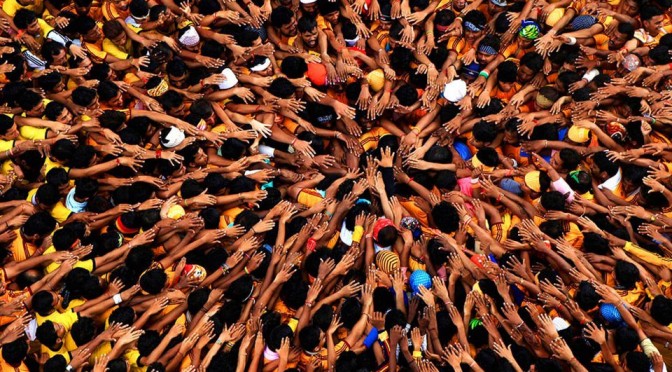Guest post by: Laurence Watt, Political Science Major
On June 23, the citizens of the United Kingdom narrowly voted to leave the European Union by 52% to 48%. Although for some it’s a time for jubilation, for many others it is a time of great concern and sadness.
Immediately after the Leave side had been declared victorious, the value of the Pound plummeted, the stock market took a hammering, and Britain’s Prime Minister David Cameron announced he would resign. During the campaign, many in the UK – as well as around the world – perceived the leave campaign to be driven by racism and xenophobia. On top of that, many Britons are fearful that their ability to work, study and travel in Europe is under threat. Perhaps most significantly however, the desires of 48% of the British population as well as the majority of young voters are to be ignored.
However, what’s done is done. Democracy may have its flaws, but it’s the best we have. And so, although many will be unhappy with the result, my objective for this piece is to dispel some myths and propose a more optimistic vision for the future of Great Britain and Europe.
First, although it’s undeniable that elements of the Leave camp were driven by racism and fear, it’s both erroneous and dangerous to suggest that 52% of the British people who voted leave did so out of racism and hatred for Europe and immigrants. In fact, many who voted leave did so for reasons that had nothing to do with bigotry and everything to do with democracy and sovereignty.
Before considering this point, please keep in mind that Europe and the European Union are very different things: Europe is a rich continent exhibiting an array of diverse cultures and opportunities; the European Union is a political-economic union between 28 countries, headed by an unelected European Commission which proposes and enforces laws for member-states. In recent years, the EU has been criticized for becoming increasingly authoritarian and undemocratic. Already, the EU has overruled the demands of elected governments (consider Greece, Ireland and Portugal for example), pushed for greater powers, and stressed its intent to establish a European army with it’s own foreign policy. In particular, many people in Britain were upset that over 55% of UK laws were made in the EU by officials they neither elected nor can vote out.
Secondly, although the pound and the overall UK economy has taken a hit, Great Britain can and will recover. It may not fully recover by tomorrow or even next year, but it will in time. After all, it’s not the politicians or Eurocrats who’ve made Britain the fifth largest economy in the world; it’s the indefatigable British workers. Whether the UK is part of political-economic union or not, the British people will continue to go to work and Great Britain will be strong enough to survive by forging its own trade deals with the rest of the world.
Thirdly, no matter how people voted, what’s to be admired is that the British people participated in one of the largest exercises of democracy in it’s modern history with a voter turnout of 72.2%. Also, for the majority, this vote was very difficult for people to make – especially considering that both campaigns for leave and remain indulged in fear-mongering. In fact, there were many people who were scared of voting based on how they’d be perceived by their friends and family members. In the aftermath, it’s vitally important to remember that every person has a right to their opinion and a right to vote, and those rights should be respected whether you disagree with their stance or not.
Lastly, already a number of leaders from around the world have come out and reassured the UK that, contrary to what some political forecasters predicted, armageddon is not on the horizon. “While the UK’s relationship with the EU will change, one thing that will not change is the special relationship that exists between our two nations,” said Barack Obama. According to Sadiq Khan, London’s new Labour Mayor, although the result may be an unexpected and even an unfortunate one, he believes there’s no need to panic and that he’s confident Britain can survive and prosper outside the European Union. French President François Hollande has also weighed in on the result, implying that Britain’s decision could actually help reform the EU for the better. “To move forward, Europe cannot act as before,” said Hollande.
So, what’s the positive vision for the United Kingdom outside of the EU? Well, let’s start with what we know. We know that the United Kingdom will continue to trade with Europe: Germany will continue to sell it’s cars and France will continue to sell it’s Wine. We also know that the British parliament will once again become supreme by no longer having to bend to the will of the EU commission. Finally, we know that to formally divorce from the EU, the UK will have to invoke article 50 of the EU constitution, which gives it two years to work out it’s economic relations with Eurozone members. However, it isn’t just what we know that should be taken into consideration – it’s what we can hope and strive for.
My sense of optimism for the future of the UK isn’t based on any factual evidence, rather it’s based on hope. What gives me hope? The kindness, intelligence and strength of many friends and family members living in the UK give me hope. The proclivity of the British people to stand up in the face of unimaginable hardship and fight even harder for the values they cherish gives me hope. The idea that finally the EU could be ready to make reforms to address it’s democratic deficit and stop suppressing the elected governments of it’s member states gives me hope. To some it may feel like we’ve embarked on a dangerous path and sunk far below expectations, but more than ever before it’s time we keep calm, keep a stiff upper lip, and carry on. This perspective may be tough to adopt, but it’s ultimately a question of whether we’re courageous enough to choose hope over despair.
Overall, there are undoubtedly many risks ahead of the UK and millions of Britons are justified in feeling upset. However, in the face of great hardship exists great opportunities and, if Britain has proven one thing in the past century, it’s that there is no obstacle too great that it can’t overcome – unless it concerns football. Ultimately, no matter the consequences, I will always be proud to be British.

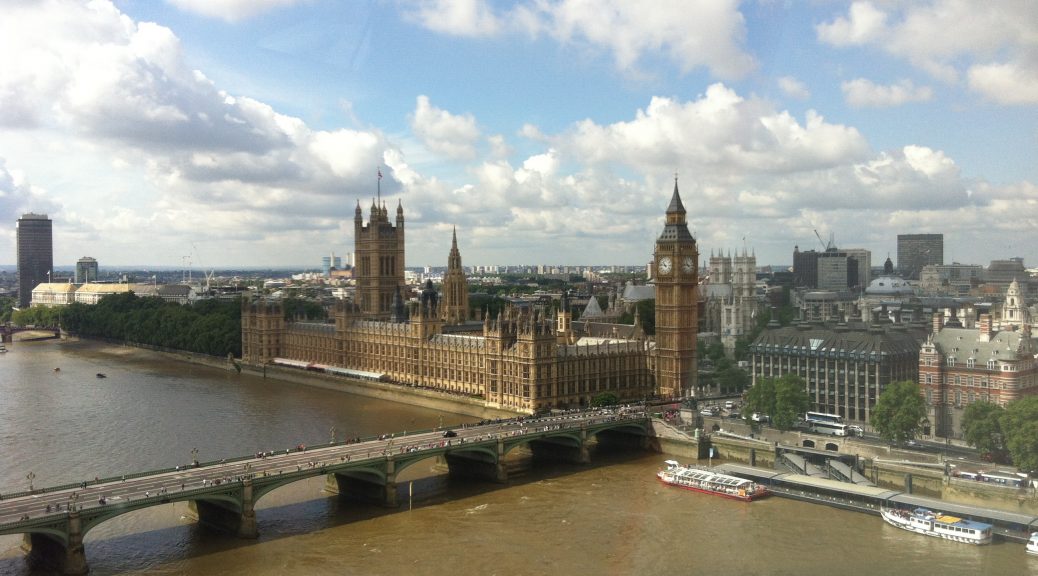
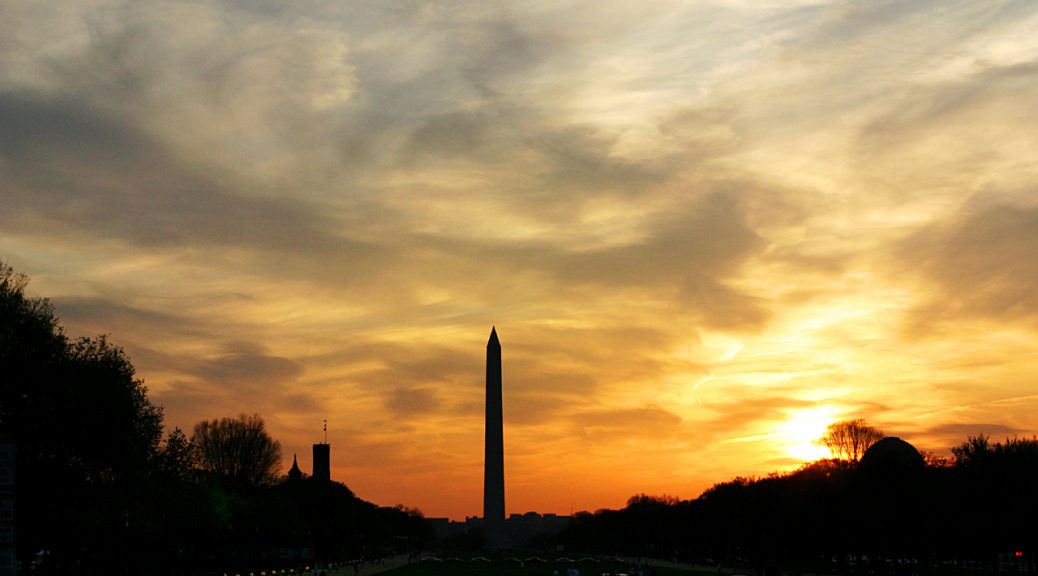
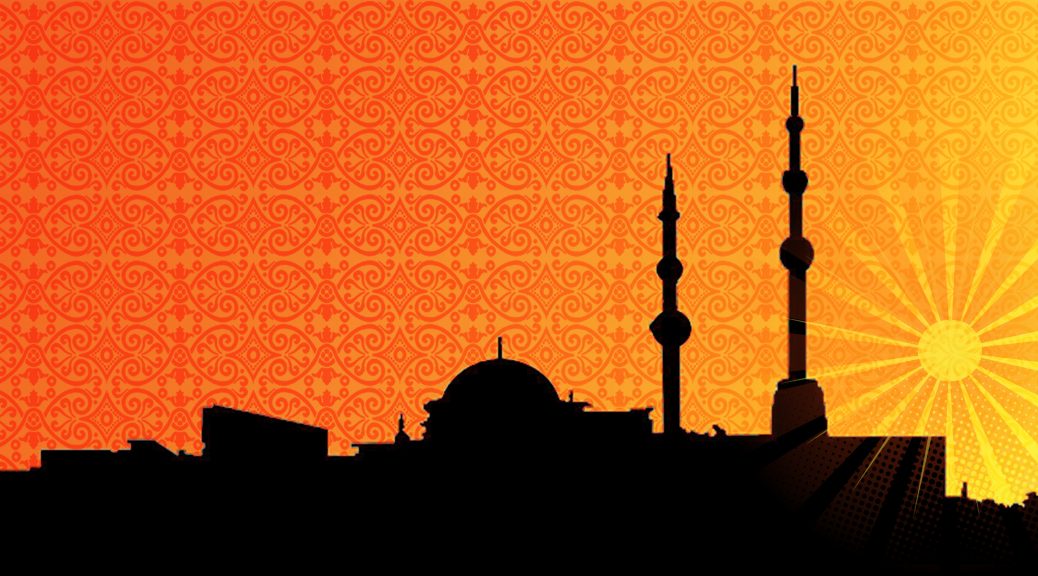
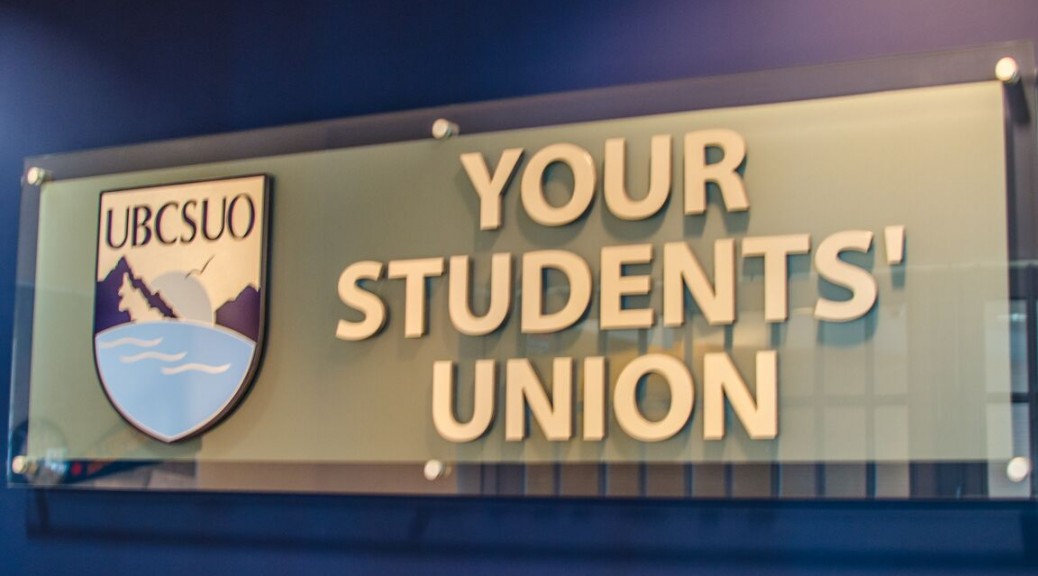

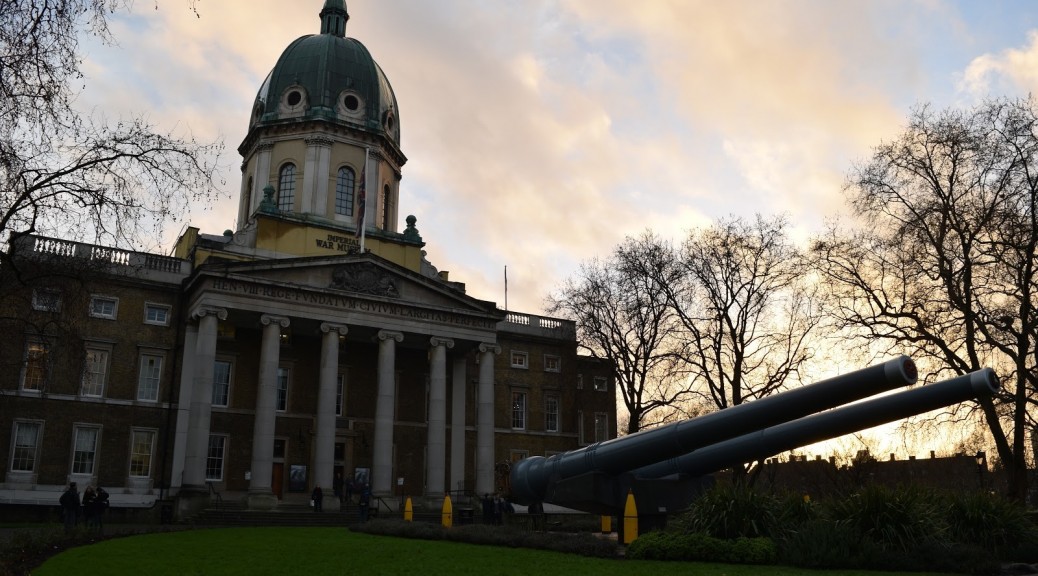
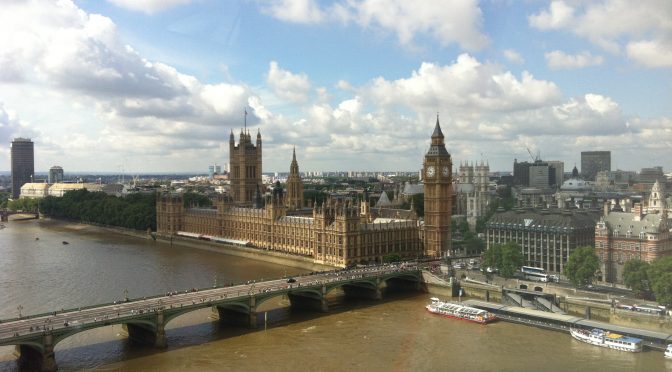
 Follow
Follow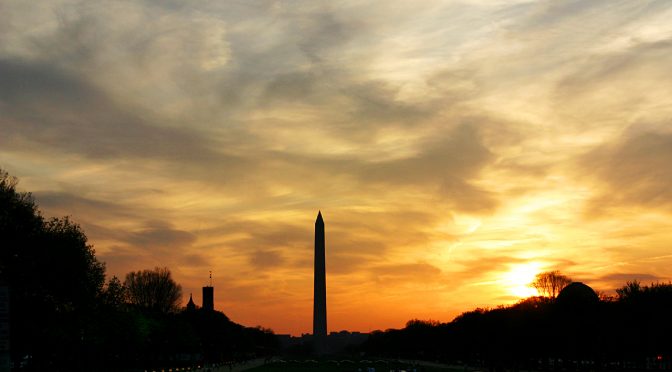
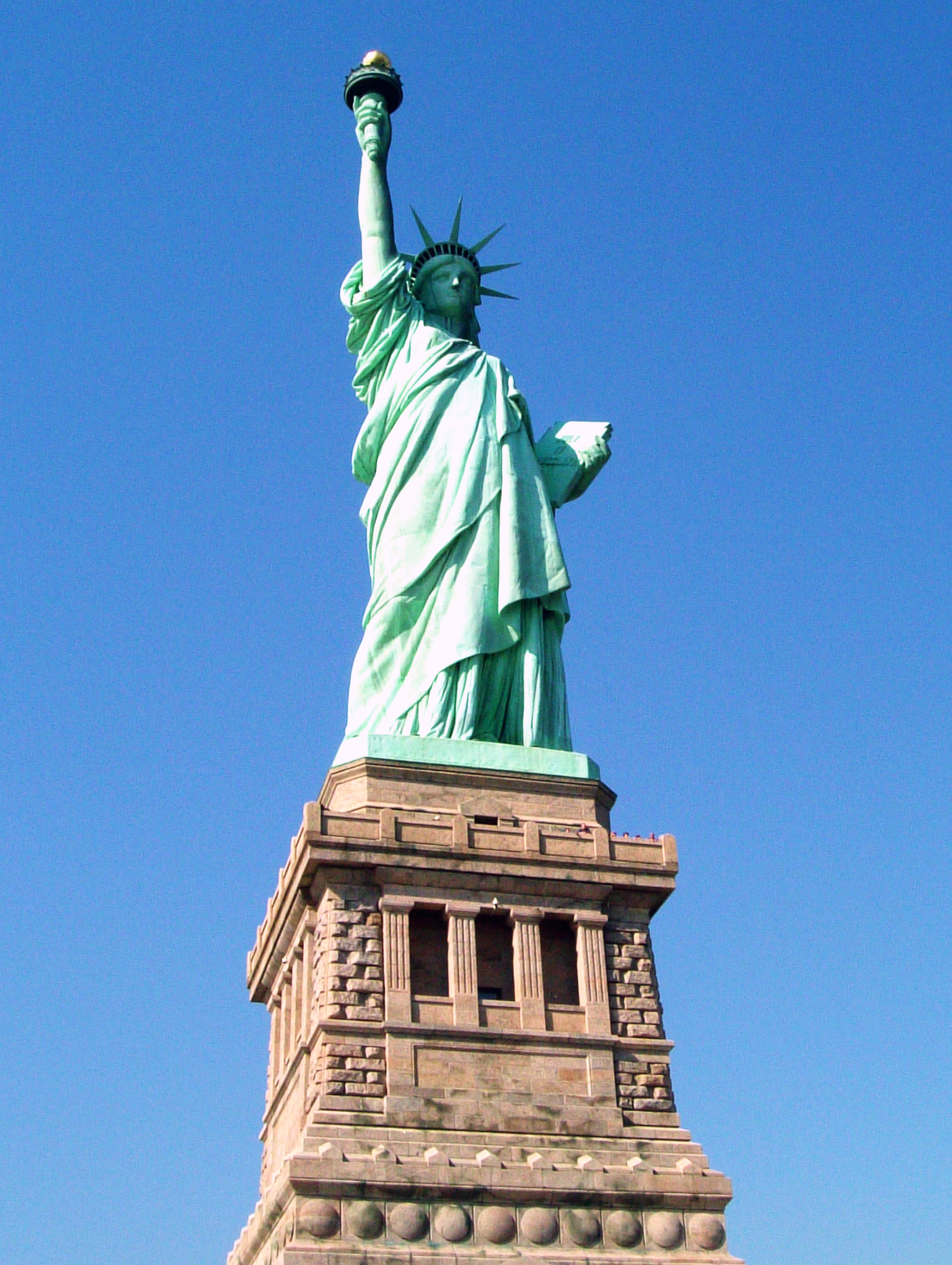 So what makes him so appealing to over 8.7 million people currently(according to a Breitbart.com article dated 25th April, 2016) across the United States you may ask. In my view, it is not so much his lack of ‘appropriate’ statements or somewhat-bigoted comments that draws in his audience but more of the direct approach he takes. In a world where politicians are the 2nd most distrusted people( According to the Readers Digest), one who consistently gets straight to the point and avoids ‘wishy-washy’ political tendencies can seem rather attractive. Regardless of his content, his supporters appear to value his resolve which is crucial to all aspects of decision making, especially for a president.
So what makes him so appealing to over 8.7 million people currently(according to a Breitbart.com article dated 25th April, 2016) across the United States you may ask. In my view, it is not so much his lack of ‘appropriate’ statements or somewhat-bigoted comments that draws in his audience but more of the direct approach he takes. In a world where politicians are the 2nd most distrusted people( According to the Readers Digest), one who consistently gets straight to the point and avoids ‘wishy-washy’ political tendencies can seem rather attractive. Regardless of his content, his supporters appear to value his resolve which is crucial to all aspects of decision making, especially for a president.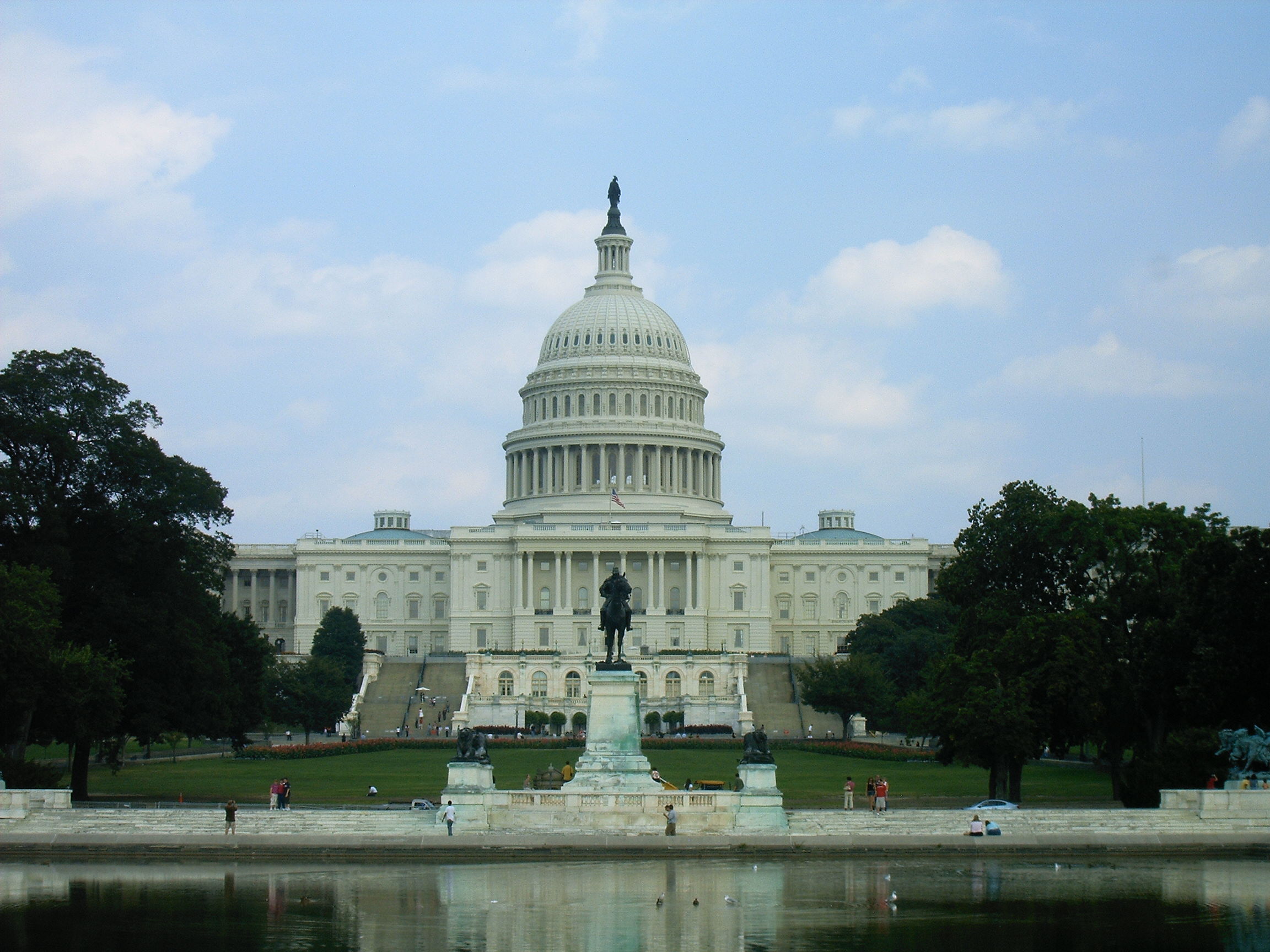 The Donald, as he is popularly called, has shaken the era of political correctness. Raw, uncensored and almost gnarly, he has continuously broken the laurels of ‘the model politician’, making him somewhat dissociated from the tainted image of everyday politicians. I will give him props for how far he’s come from people joking about his run for presidency to becoming the most likely Republican candidate.
The Donald, as he is popularly called, has shaken the era of political correctness. Raw, uncensored and almost gnarly, he has continuously broken the laurels of ‘the model politician’, making him somewhat dissociated from the tainted image of everyday politicians. I will give him props for how far he’s come from people joking about his run for presidency to becoming the most likely Republican candidate.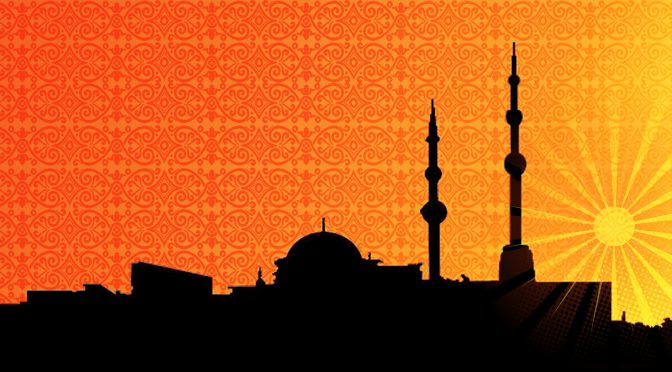
 Ramadan is the ninth-and holiest-month of the Islamic lunar calendar and the month of fasting for Muslims. Ramadan is considered the holiest month because it was in Ramadan that the Qur’an was first revealed.
Ramadan is the ninth-and holiest-month of the Islamic lunar calendar and the month of fasting for Muslims. Ramadan is considered the holiest month because it was in Ramadan that the Qur’an was first revealed.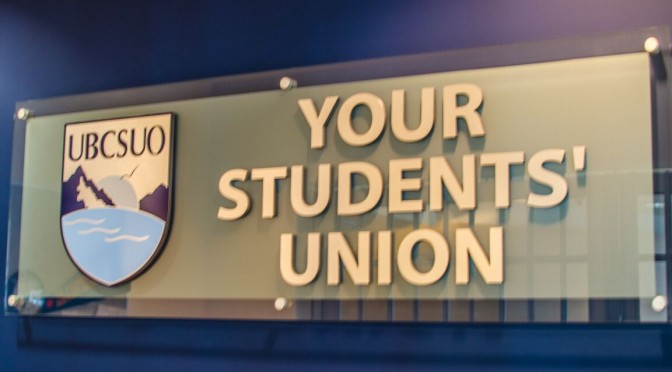
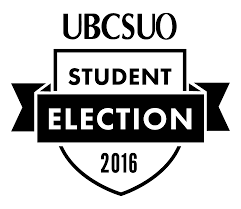 Are elections really the best way of choosing representatives in leadership? Should there be a mandatory percentage turnout to make an election valid? These were the questions that came to mind when I pondered over the immediate past UBCSUO elections that were held in mid-March, which brings us to the theme of this article, apathy in student politics.
Are elections really the best way of choosing representatives in leadership? Should there be a mandatory percentage turnout to make an election valid? These were the questions that came to mind when I pondered over the immediate past UBCSUO elections that were held in mid-March, which brings us to the theme of this article, apathy in student politics.
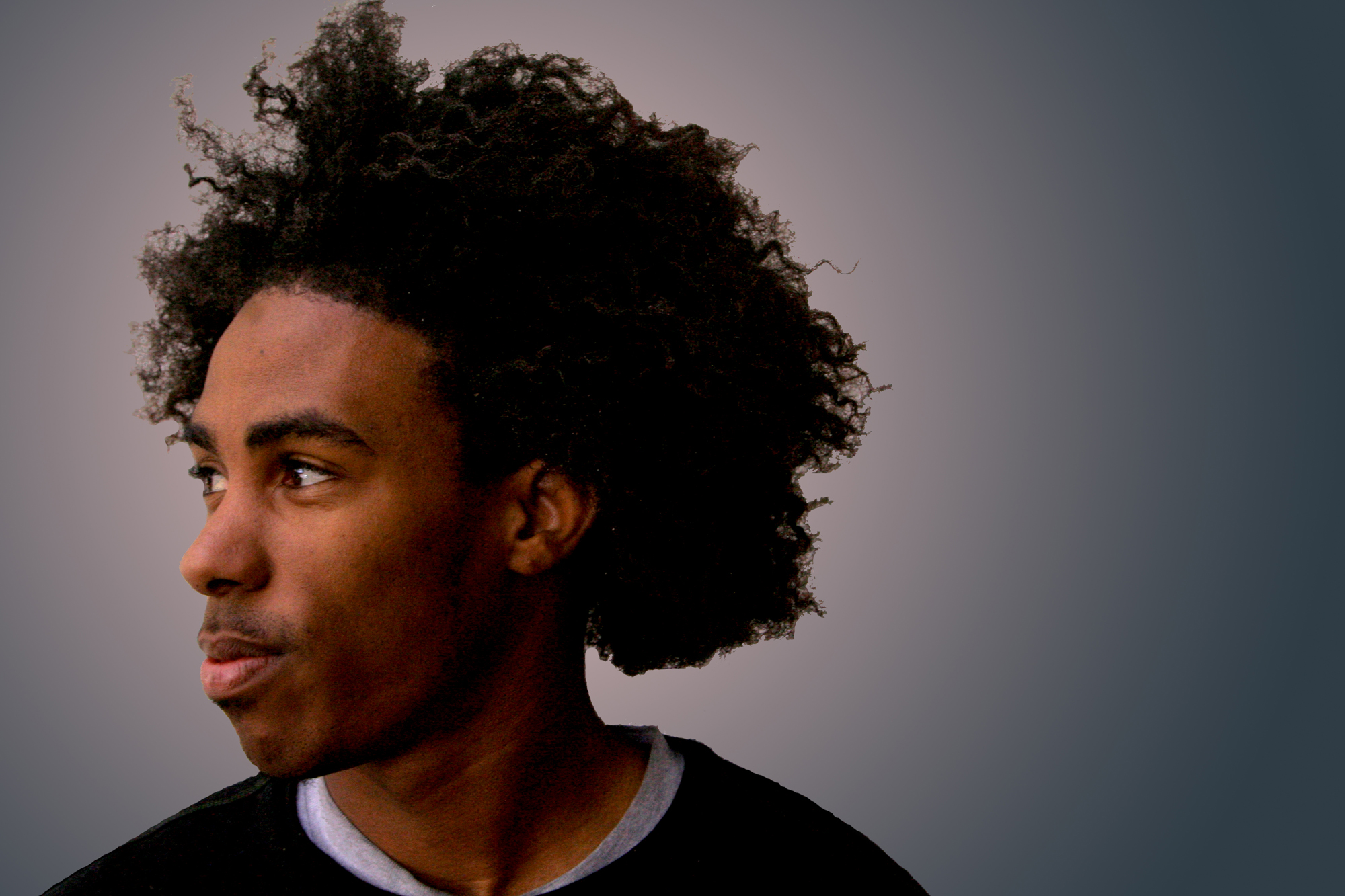
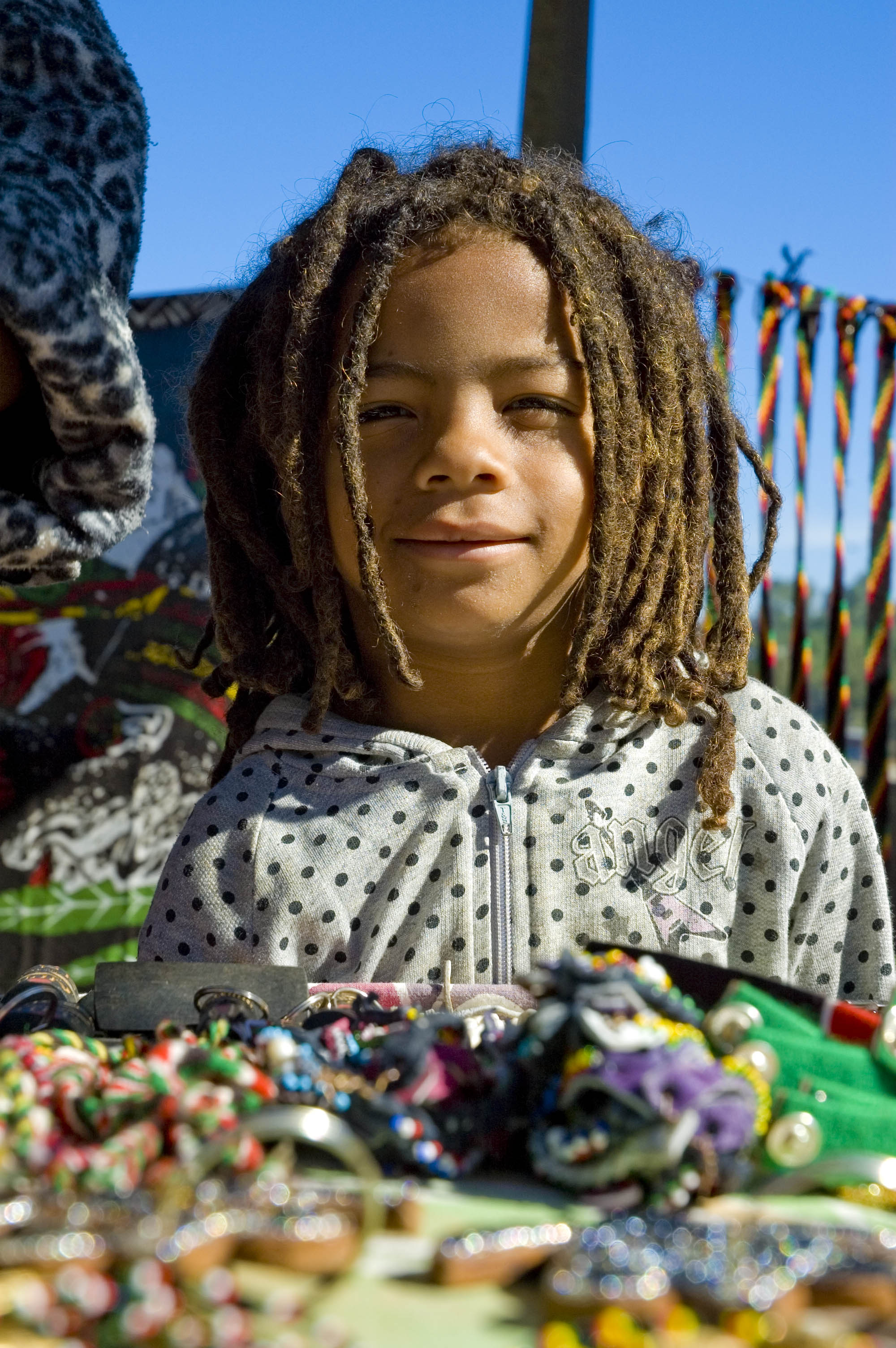 For a long time, Eurocentric beauty standards have been the order of the day and people who have not subscribed to these standards especially in the professional world sometimes face institutional racism. They are sent home from school because of their hair whose texture they have little control over, or are less competitive for job opportunities because of their ‘unprofessional’ hairstyles. Siona spoke on the reasons why ‘wearing your mane’ was a source of pride, as well as the damage that heat use (for straightening) does to black hair and the costs black women have to go through to be professional.
For a long time, Eurocentric beauty standards have been the order of the day and people who have not subscribed to these standards especially in the professional world sometimes face institutional racism. They are sent home from school because of their hair whose texture they have little control over, or are less competitive for job opportunities because of their ‘unprofessional’ hairstyles. Siona spoke on the reasons why ‘wearing your mane’ was a source of pride, as well as the damage that heat use (for straightening) does to black hair and the costs black women have to go through to be professional.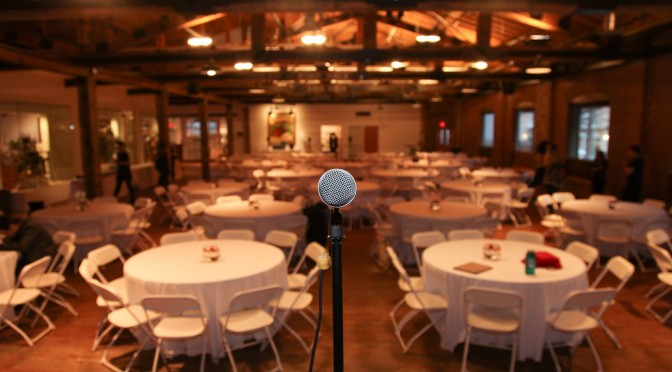





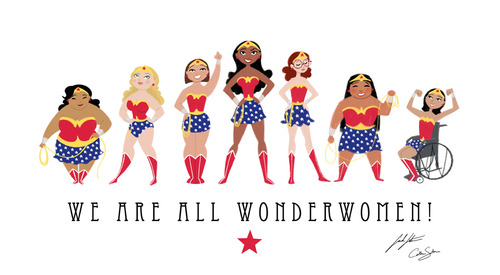 In light of the celebration of International Women’s Week, the Global Spectrum, in collaboration with International Programs & Services, will showcase interviews with our UBC-O community. Enjoy!
In light of the celebration of International Women’s Week, the Global Spectrum, in collaboration with International Programs & Services, will showcase interviews with our UBC-O community. Enjoy!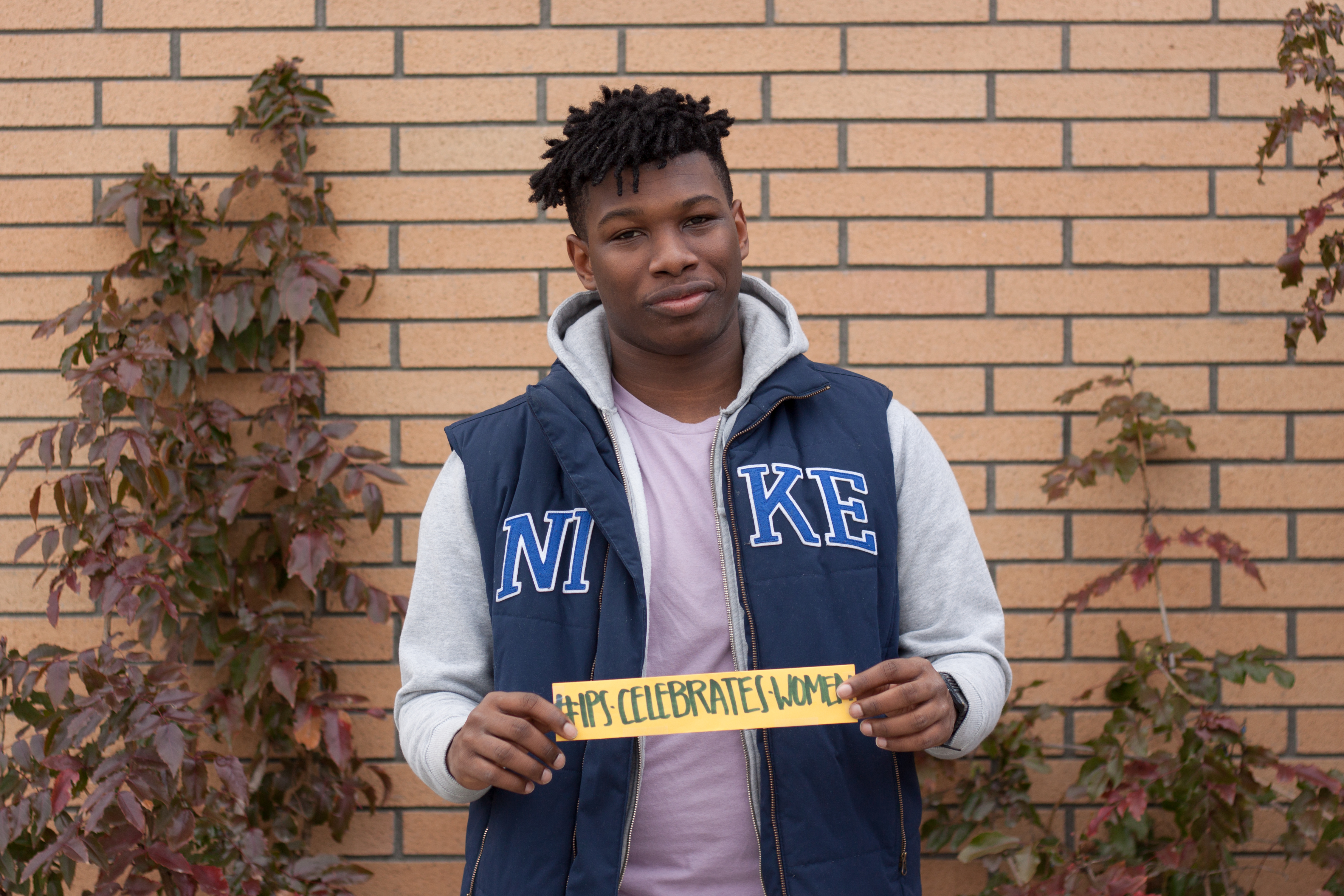
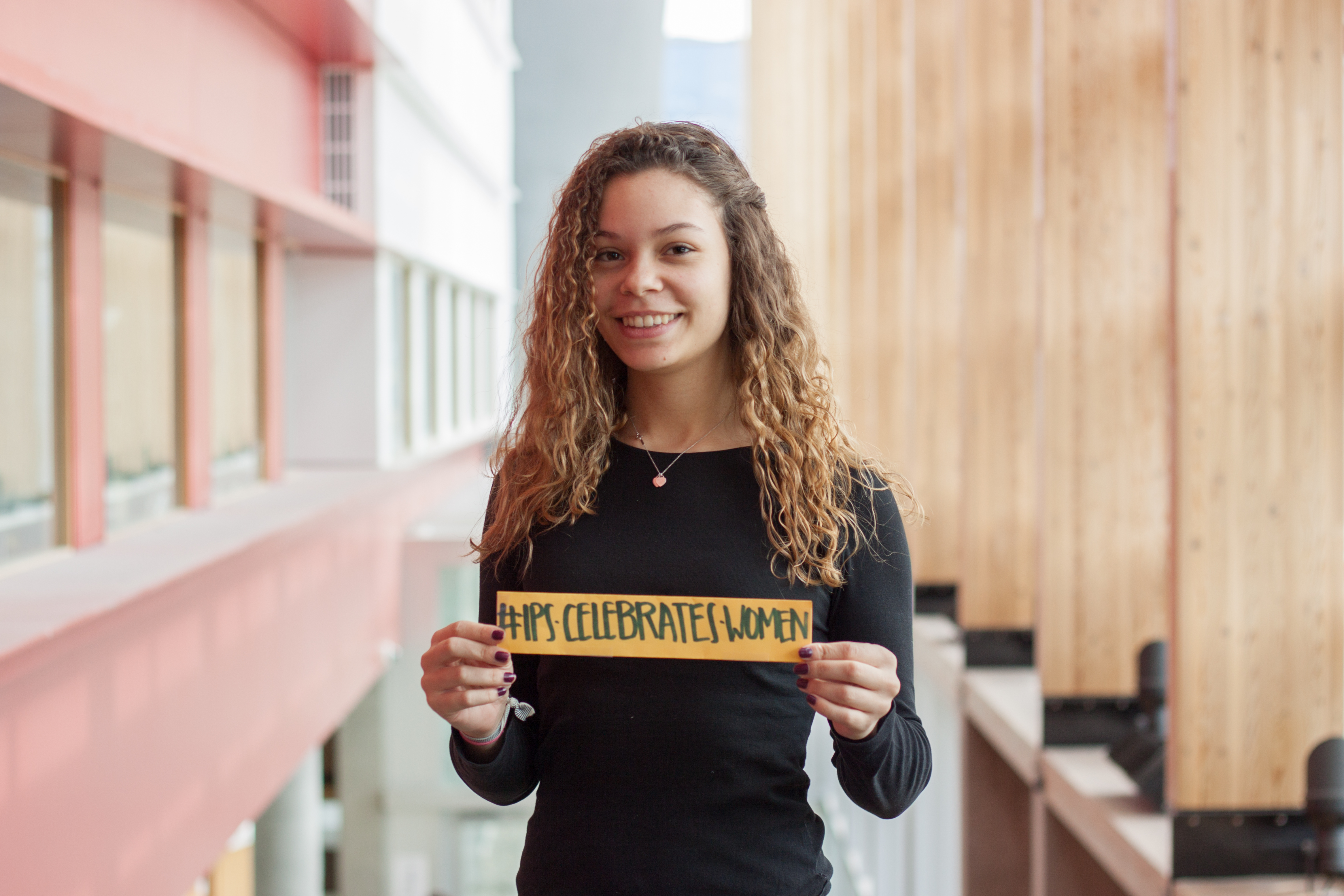

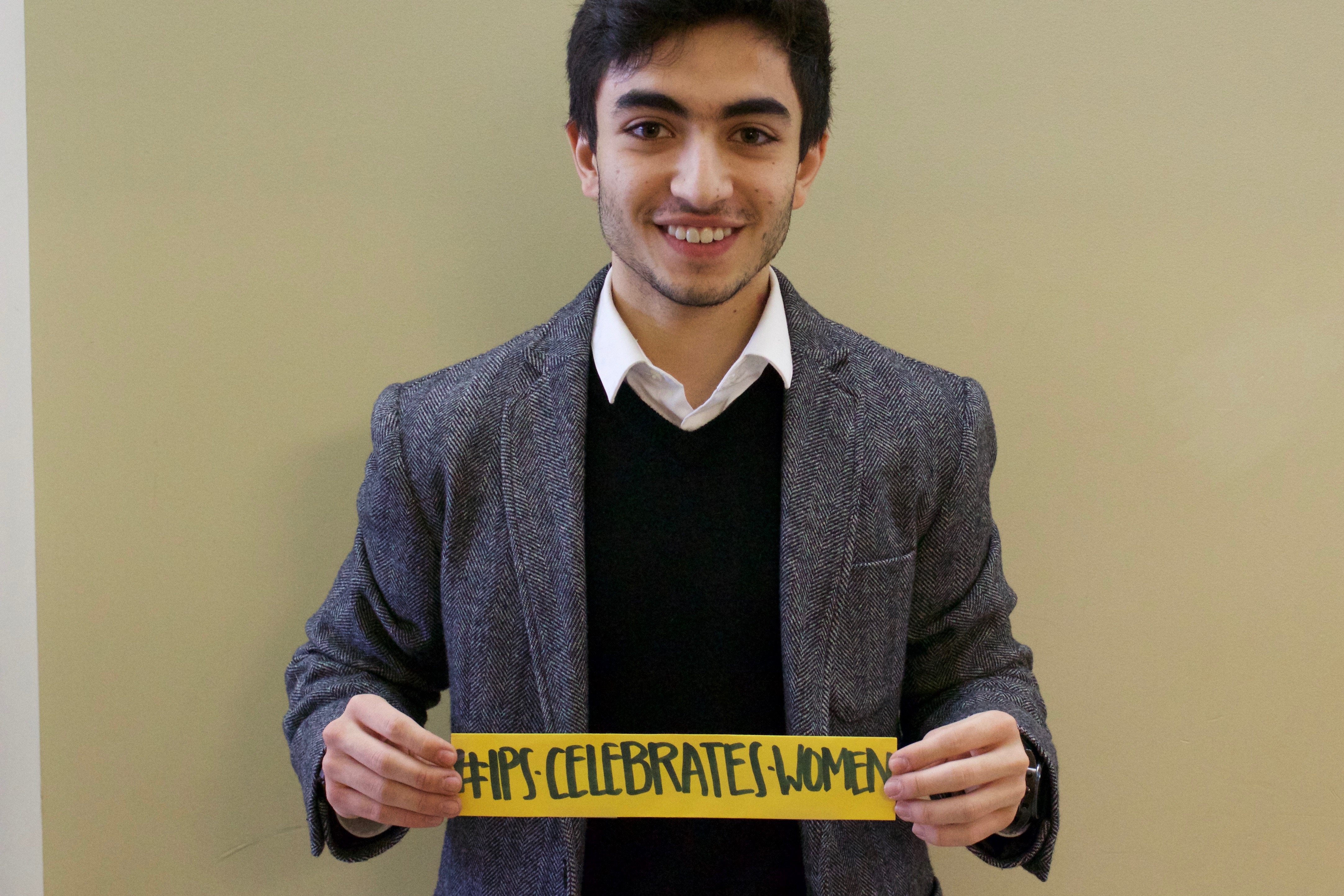
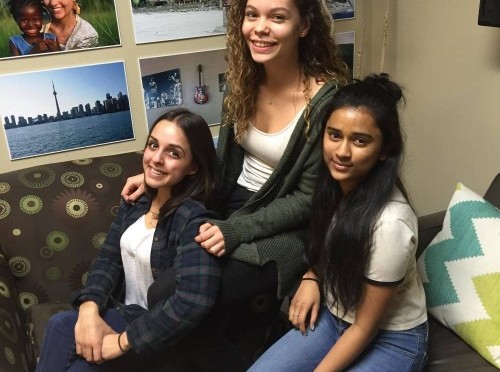

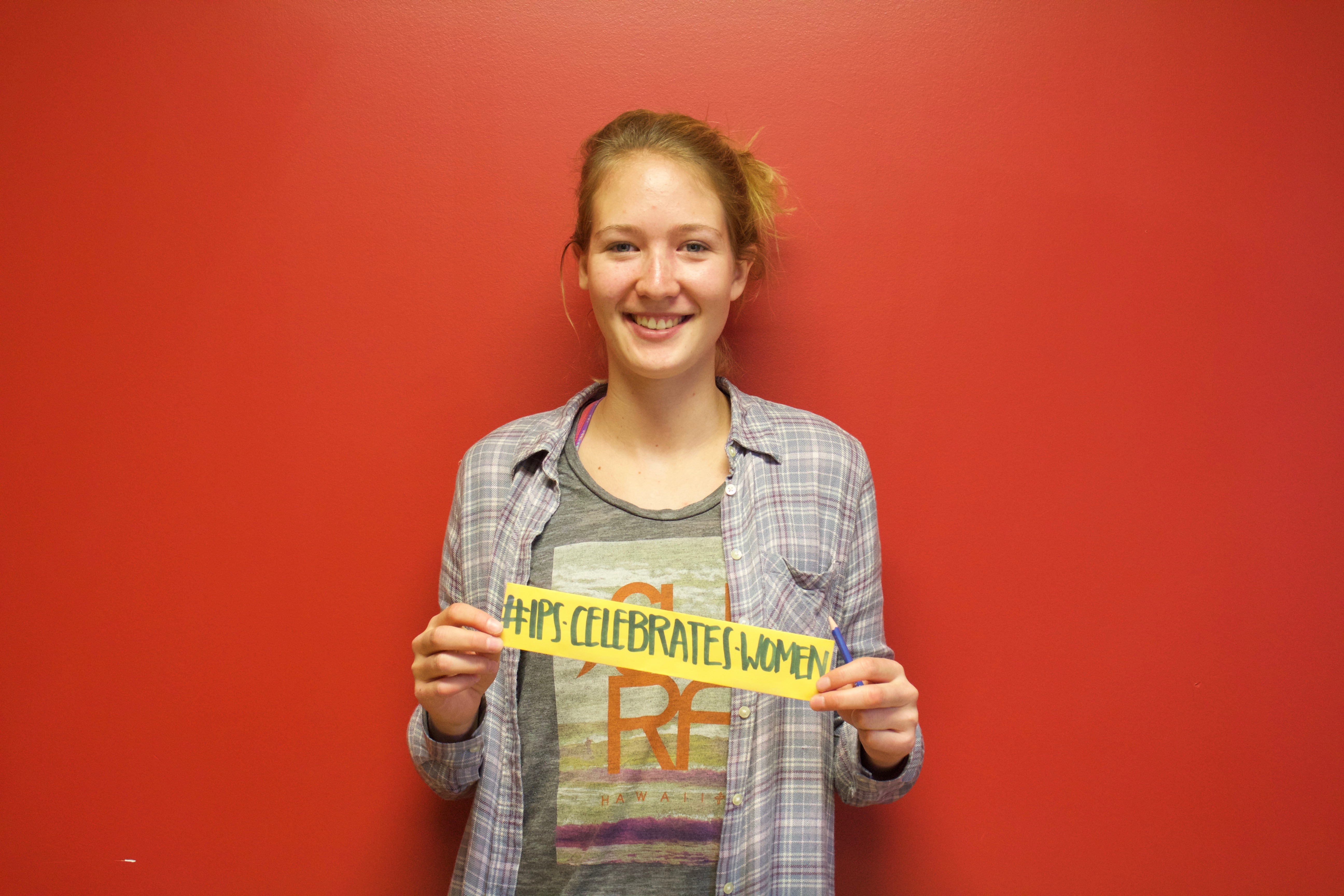
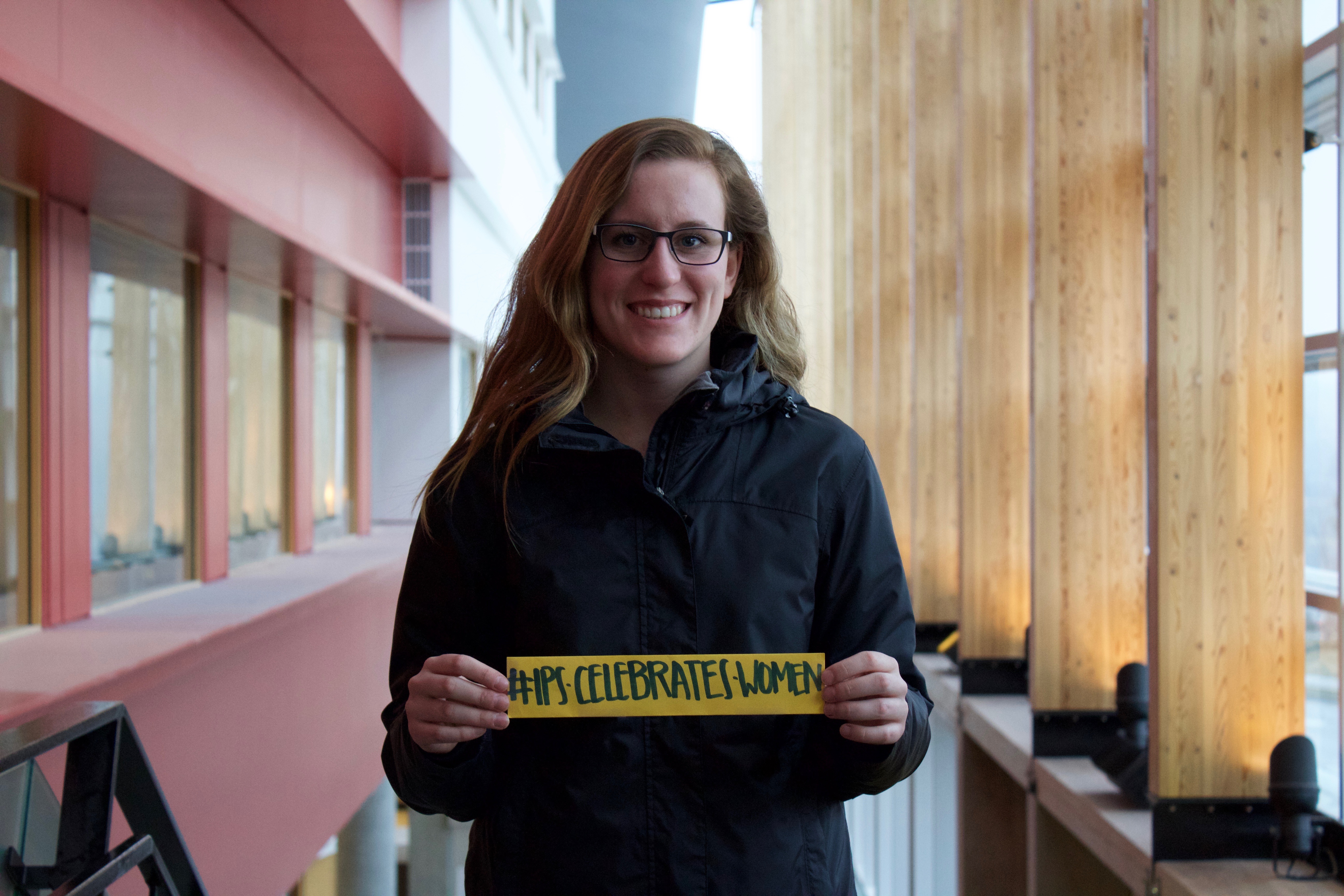 Jessica Sulz
Jessica Sulz 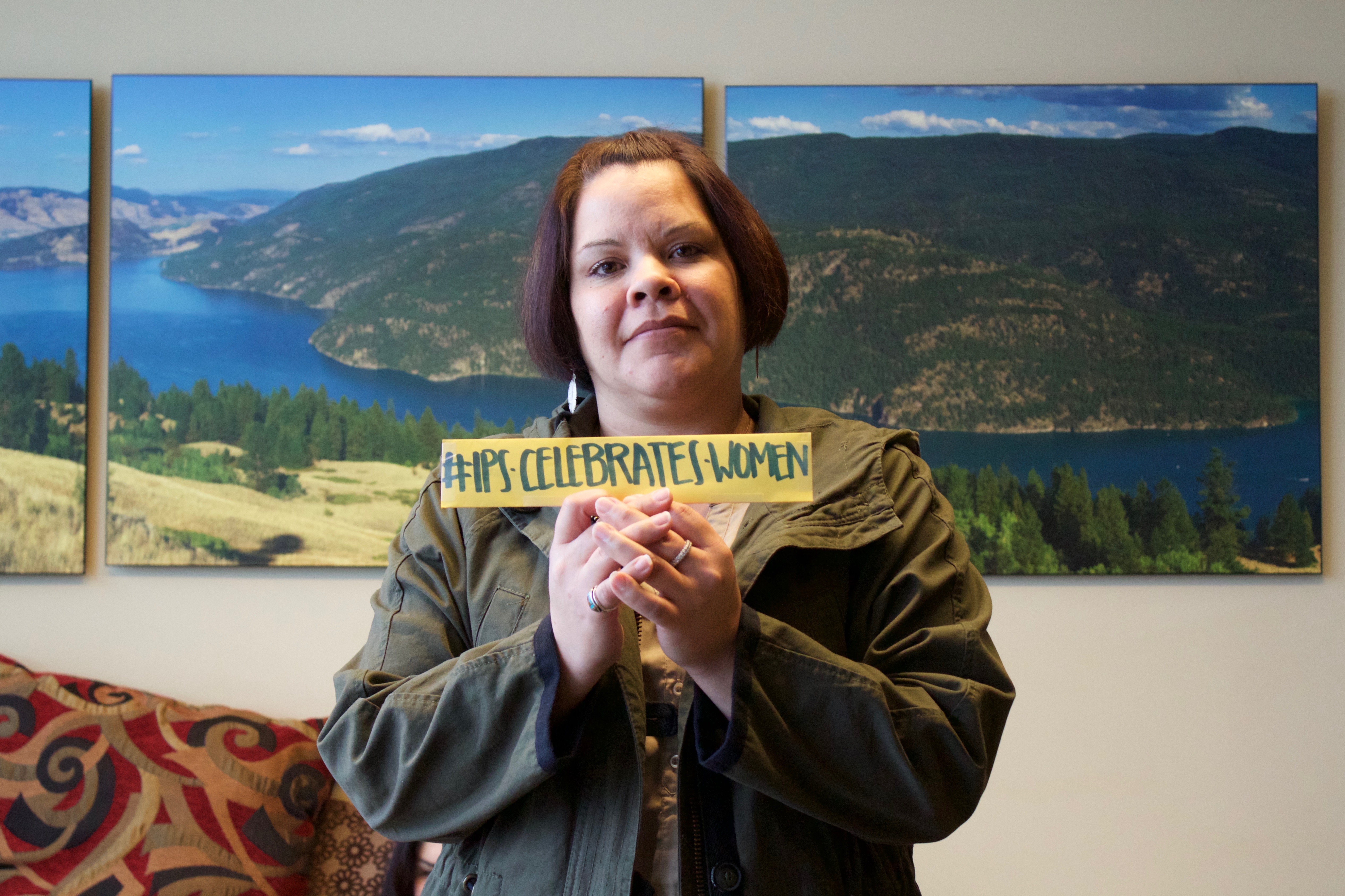 Mary Song
Mary Song 